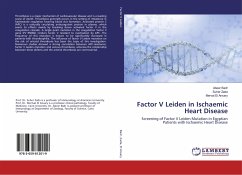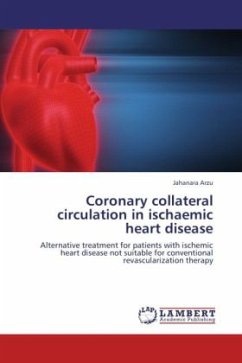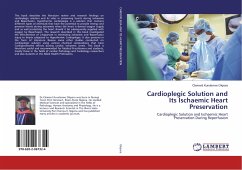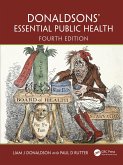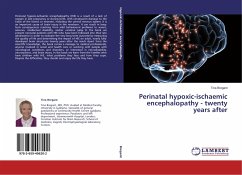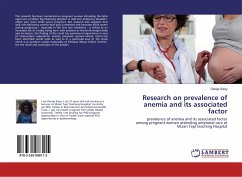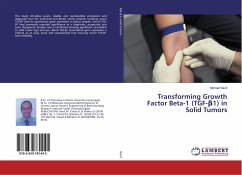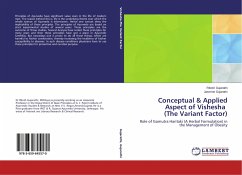Thrombosis is a major mechanism of cardiovascular disease and is a leading cause of death. Thrombosis generally occurs in the setting of imbalance in haemostatic regulation favoring blood clot formation. Activated protein C (APC) is a naturally circulating anticoagulant protein in plasma, which exerts its effects mainly by breaking down activated factor V in the coagulation cascade. A single point mutation in the coagulation factor V gene (FV R506Q) renders factor V resistant to inactivation by APC. The frequency of this mutation is known to be significantly increased in patients with thrombophilia. The influence of factor V Leiden mutation on the risk of arterial thrombosis has been the topic of this investigation. Numerous studies showed a strong correlation between APC-resistance, factor V Leiden mutation and venous thrombosis, whereas the relationship between these defects and the arterial thrombosis are controversial.
Bitte wählen Sie Ihr Anliegen aus.
Rechnungen
Retourenschein anfordern
Bestellstatus
Storno

